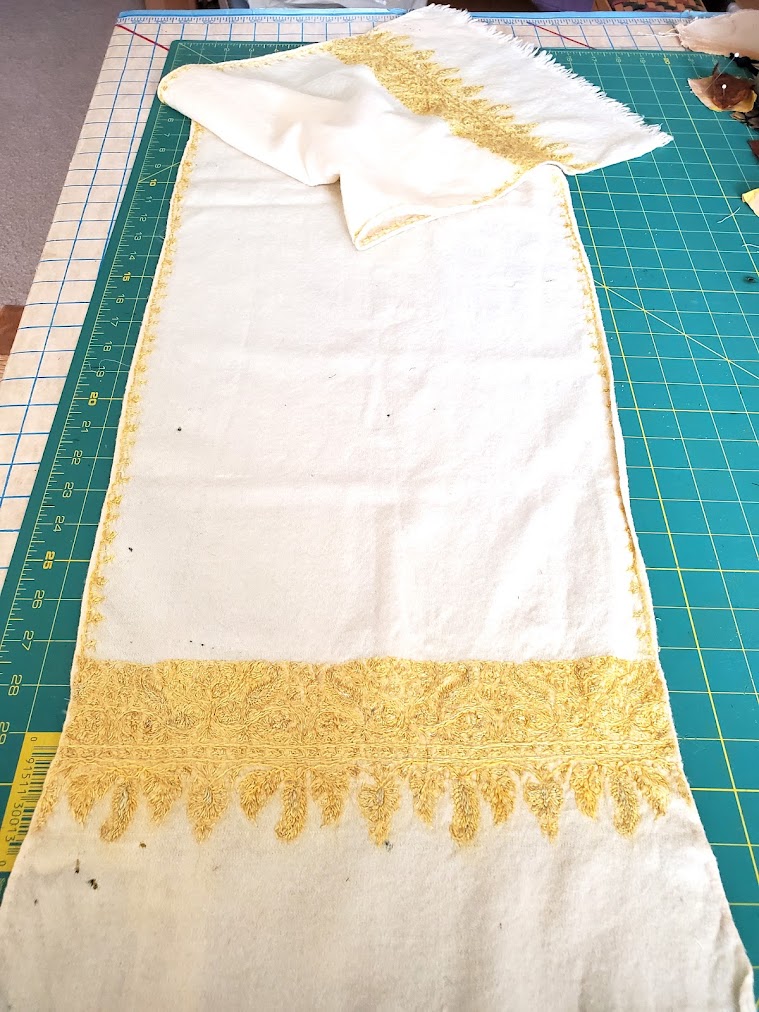Late July is upon us. It's much too hot to do anything remotely strenuous, but it's a good time to take it easy and maybe do a little reading. With that in mind, we pick up our story where we left off.
The era of the Great Depression was precarious at best, but especially for the common laborers, like Jess. Toward the end of the 1930s, he lost his job with the railroad. For a time, Jess worked as a farm laborer and the family lived in a labor camp. It was in the camp that Jess learned of the many better opportunities to be had in California. So, despite Mercedes' objections, he sold her sewing machine and used the proceeds to buy a dilapidated Ford Model T. He packed Mercedes and the six youngest of their children into the car and left Oregon for California. The three oldest of their children had already flown the nest. They drove along Highway 101, the coastal route. Mercedes had never seen the ocean before, and her first glimpse of the mighty Pacific terrified her - such a vast and powerful expanse!
When the family reached San Francisco, Jess quickly found employment in a cannery. The family settled into a small house in South San Francisco, which at that time was a rural area comprised of farms. Jess made enough money to buy a second hand sewing machine for Mercedes, and she again set to work making clothing for their growing children. Mercedes never displayed much emotion or affection. She seldom hugged or fussed over her children. Instead, she poured her love into the garments she painstakingly sewed for each of them.
The eldest girls in the family took a passing interest in sewing, learning the minimum skills required to repair worn clothing. But the third youngest daughter, Juanita, was fascinated by the process of how her mother constructed clothes.She sat for hours beside Mercedes, watching, learning, and begging her mother to let her operate the treadle machine. Exasperated, Mercedes eventually gave in to Juanita's pleas just to stop the girl from pestering her. Juanita proved to be an apt pupil, and at age ten, sewed her first garment, a simple cotton pinafore. Juanita dreamed of making all sorts of pretty things, like the dresses movie stars wore.
But Juanita's dreams came to an abrupt and tragic end. Before she had turned eleven years old, Juanita witnessed her mother fall ill with tuberculosis and die. The doctor told Jess that Mercedes had most likely contracted the fatal disease in the labor camp. Some of the children in the family were also infected. Juanita's elder sister, Lola, died within months of their mother's death.
Stripped of Mercedes' steadying influence, Jess drowned his grief in alcohol. He neglected his children to a point of near abandonment. School authorities took notice and, without protest from Jess, removed the youngest children from the house and placed them in foster care. Juanita, her brother Frank, and youngest sister, Lupe, all went to live with an Italian family who raised produce in South San Francisco. Juanita's pinafore, and all the lace embellished clothing her mother had made for her were disposed of by the farmer's wife, who deemed them unsuitable for work chores. Juanita wondered who, if anyone, would ever clothe and love her like her mother had.
Part Four of An Ethnic Textile Love Story to come.
#sewnwithlove #storythreads #vintagetextiles #joaquinadesigns #joaquinadesignstudio
